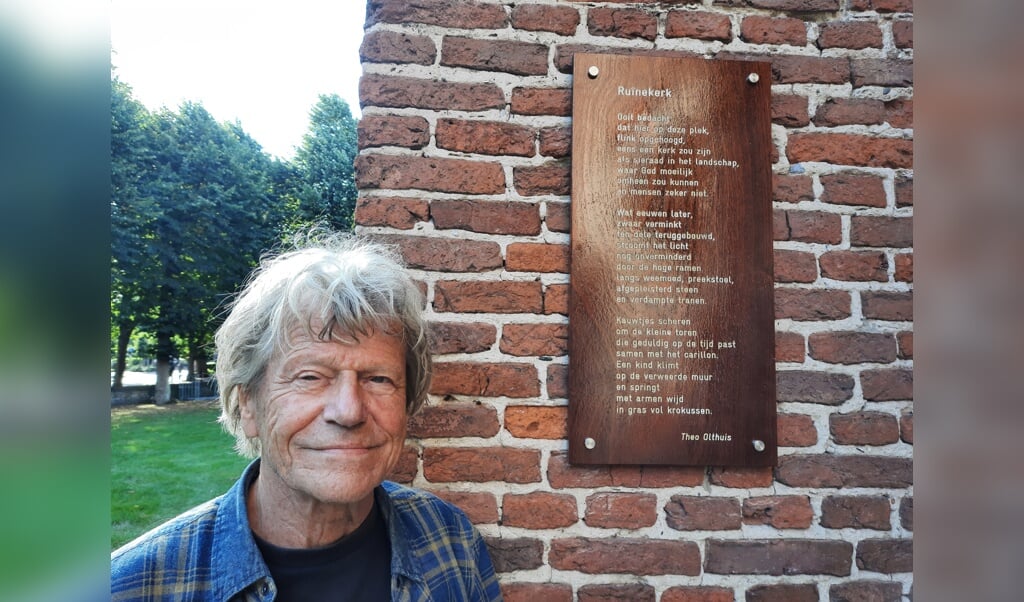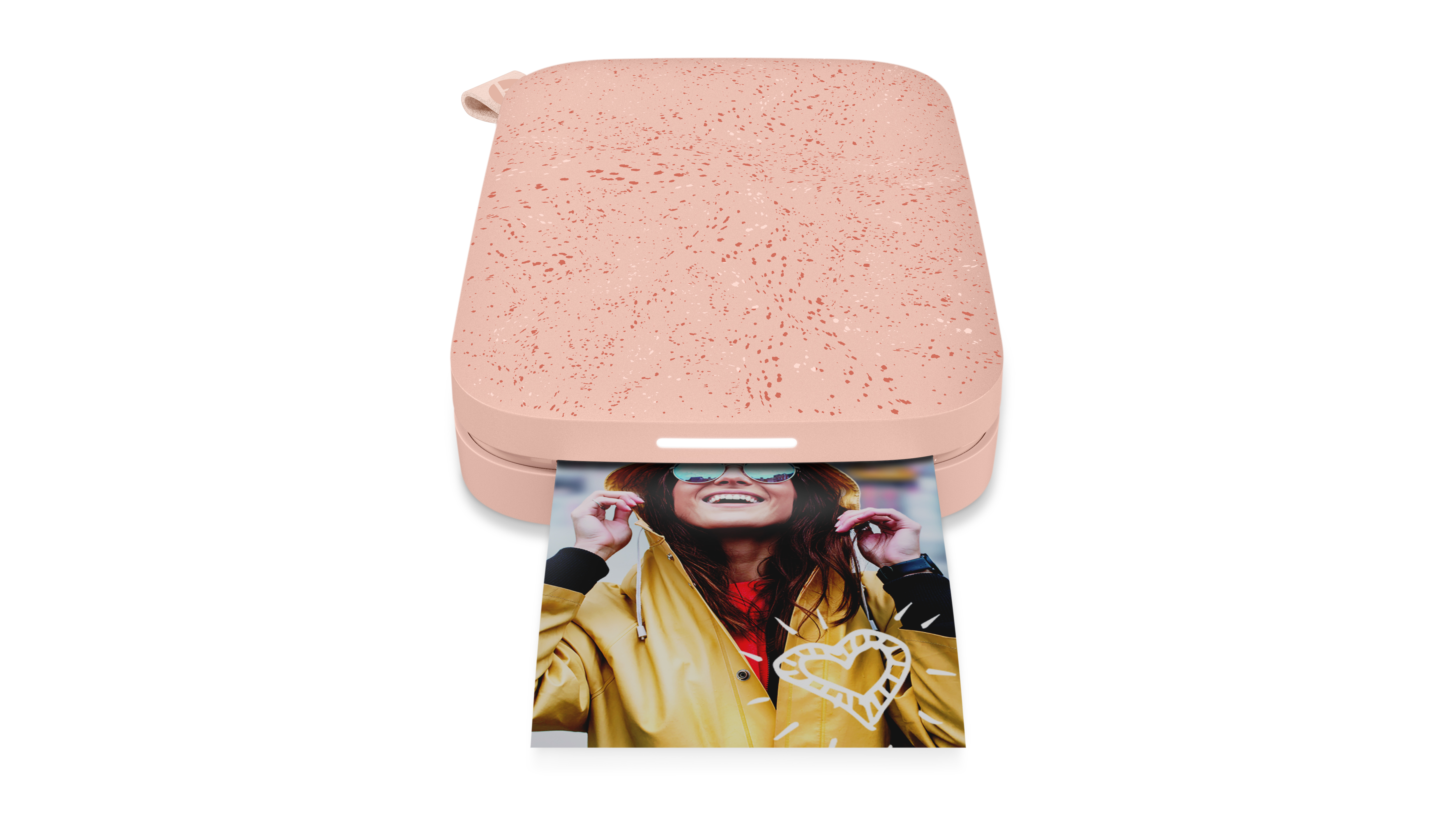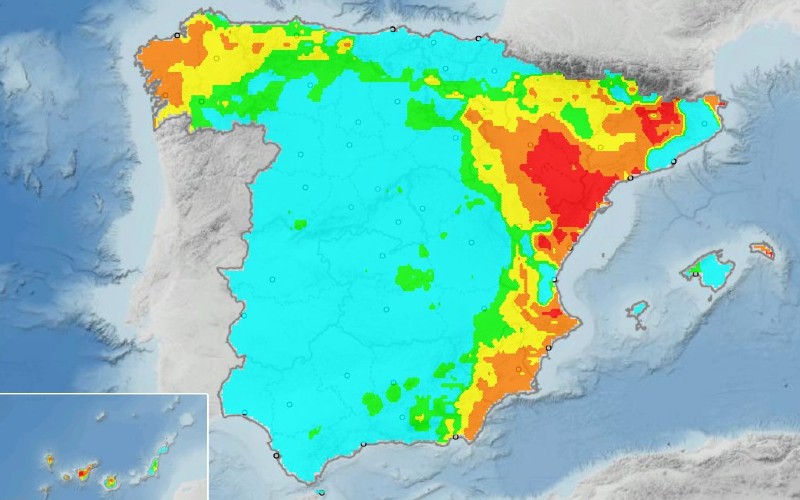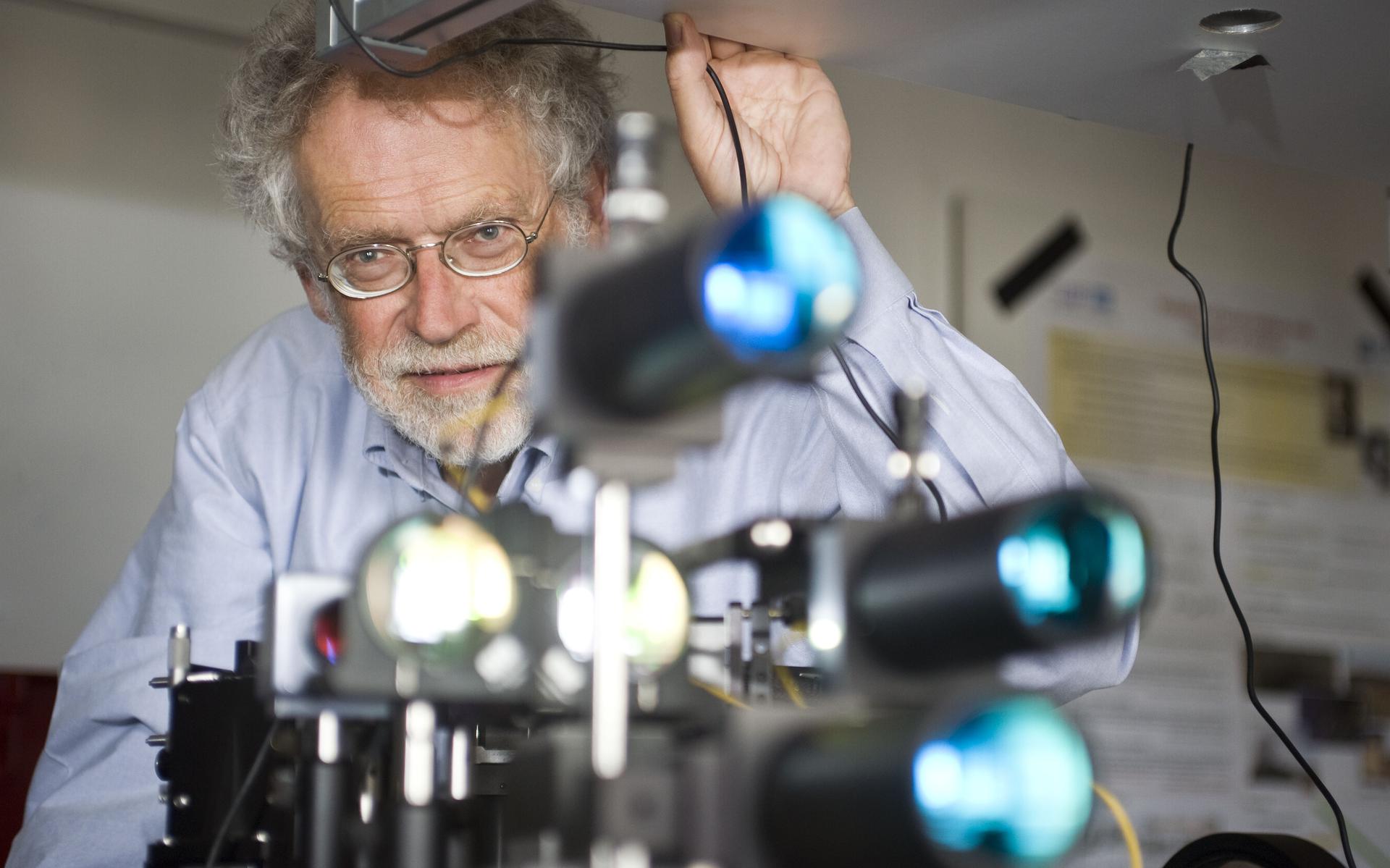Nobel laureate Anton Zellinger (1945) will transport his audience in Groningen on Thursday, April 21 to the fantastic world of teleportation and the “ghost” photons that proved Einstein wrong. A conversation about the small particle universe.
On Thursday, Zellinger will deliver a lecture during the 10th JC Kapteyn Lecture by Studium Generale of the University of Groningen. The scientist from Vienna won the 2022 Nobel Prize in Physics together with Alain Aspect (France) and John Clouser (USA). They have proven by experiment that entanglement of particles, such as electrons and photons, is possible.
Live broadcast
Those who couldn’t get a ticket to read The Zeilingers can rest assured: There will be one Free live broadcast On the Studio Generale YouTube channel.
Teleportation, like in Star Trek?
Excuse me? Zeilinger explains, “The bottom line is if you make measurements on one particle, you immediately know something about another particle, with which the first particle is ‘entangled’. And then it doesn’t matter if one particle is on the ground and the other is somewhere else entirely, like on the side.” the other from the universe. This is called quantum entanglement.”
In another experiment, information is transferred from one particle to another. This is also known as quantum teleportation. teleportation? “Shine me Scotty?” Zellinger: No, no, no. This has nothing to do with Star Trek. We are talking about transmitting information, not things.
Albert Einstein called this “frightening action at a distance.” He did not question the theory that entangled particles are so interconnected that the actions of one—regardless of distance—affect the behavior of the other. But he thought it impossible to exchange information between particles faster than light.
Was Einstein really wrong?
It is often said that Nobel laureates have proven Einstein wrong, but Zellinger does not want to confirm this. He asserts that in 1905 Einstein introduced the idea that light consists of quantum particles called photons. But in 1935 he realized that quantum particle entanglement could contradict his theory of relativity. He did not deny that quantum entanglement occurred, but he did accept that the quantum state of one particle faster than the speed of light is affected when the measurement is on the other particle, regardless of its distance.
But what are the consequences of this discovery? What does quantum entanglement mean for how we see the world? “Either our ideas about reality are wrong: that entangled particles have no individual identity. Or our idea of space is wrong, that the two different locations where the particles reside are not really separated. Quantum entanglement is also extremely useful for everyday objects, such as cryptography. You can encrypt a message with quantum entanglement in a way that is completely safe from some spying attack.”
Consequences of the Nobel Prize
The Nobel Prize changed his life dramatically. “I was at home when I got a call from the Swedish Academy of Sciences. It took me a while to really understand what was going on. Then that same day I got a lot of emails and messages on my cell phone.”
Has a special appreciation for the lecture name: Kapteyn. “He was a patient and ingenious observer of thousands of stars. He was the first to suggest that our Milky Way galaxy does indeed rotate. He was also the first to find evidence of dark matter in the universe. That’s a hot topic these days.”

“Total coffee specialist. Hardcore reader. Incurable music scholar. Web guru. Freelance troublemaker. Problem solver. Travel trailblazer.”







More Stories
By Theo Olthuis: “Space gave its soft wings of sound”
There is now a lake in one of the driest places on Earth
Bluetongue spreads partly by animal transmission